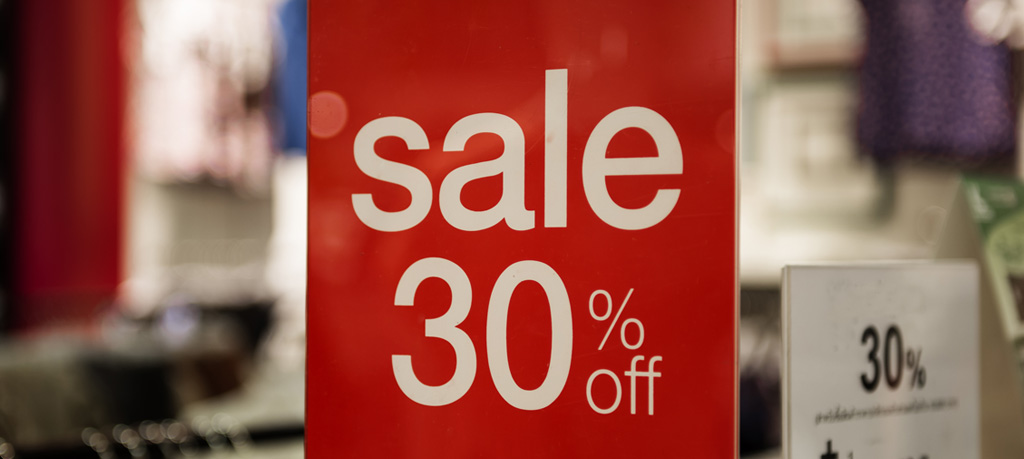Perception is not always reality.
We humans are a complicated lot, aren’t we? What one would think is a pretty straightforward concept ends up being surprisingly complicated when human emotions, behavior, and persuasion are all added into the mix.
For instance, saving money is pretty important to most of us. We want to find the best price for the item we’re looking for. But sometimes our zeal for a deal gets the better of us. Consider this example from Jonah Berger’s book Contagious:
Scenario A –
Imagine you’re at a store looking to buy a new barbecue grill. You find a Weber Q 320 grill that looks pretty good, and to your delight it’s also on sale. Originally priced at $350, it is now marked down to $250.
Sounds pretty good, right? Not only do you want this grill, but you’re saving a hundred dollars! Take a moment to put yourself in this position, imagine you’re standing in the store with the grill in front of you. What do you do? Do you buy this grill, or do you drive to another store to look at others? Once you have your answer, take a look at the next scenario.
Scenario B–
Imagine you’re at a store looking to buy a new barbecue grill. You find a Weber Q 320 grill that looks pretty good, and to your delight it’s also on sale. Originally priced at $255, it is now marked down to $240.
What would you do in Scenario B? Would you buy this grill, or would you drive to another store to look at others?
In Scenario A, most people would probably buy the grill rather than keep looking. After all, you’re getting $100 off a grill you really like. But in Scenario B, the deal doesn’t look so good, with only $15 off. You likely said you’d try another store.
Scenario A seems like a much better deal—until you take a look at the final price at each store. In an effort to save money on the grill with $100 off, you end up spending $10 more than the lesser discount at the second retailer.
In our minds, bigger discounts seem to be better deals—and thus we keep an eye out for them, and when we find them, we share them more. For retailers, this is a great way to garner buzz; for consumers, well, sometimes our quest to save a buck ends up costing us—and sometimes it doesn’t.
But one thing we know for sure: when it comes to discounts, it’s all about how we impulsively perceive the deal—and perception is not always reality.

